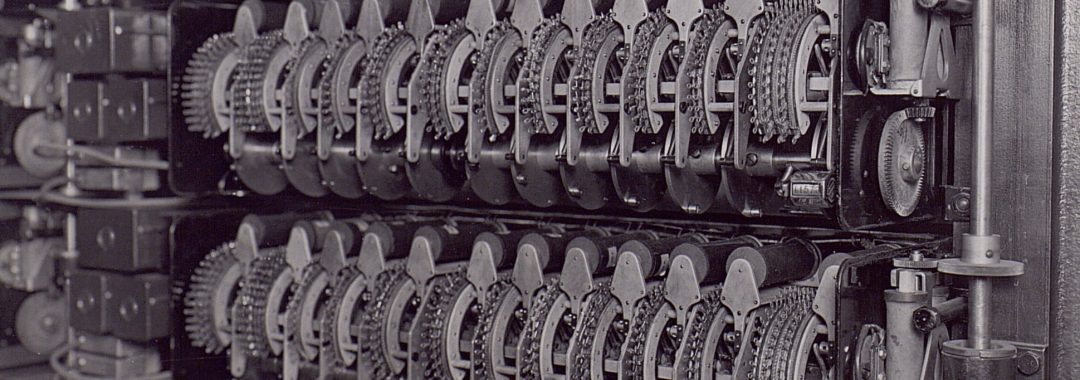Some definitions of state, stated in no particular order:
State is a material property, as in states of matter, and it is a polity, as evoked by matters of state.
In both denoting the configuration of elements understood to be similar;
atoms distal and proximal for natural sciences,
subjects higher or lower in political hierarchies.
In computer science state can define a machine—a state machine—as an abstraction,
with nodes and edges in fusion.
Digitalization meanwhile produces for all of us a function,
machine and subject in perfect union.
Not all definitions end in abstraction;
‘state of mind’ invites introspection,
‘state of being’ grounds us in the current duration.
It is in ‘the state’ that structure returns: Methods for counting, in the conduct of statistics, also legitimise themselves with reference to the state, and state practices, such as the population census, in turn, become the means for legitimising the authority of the state. The theory of governmentality depicts counting as a method for rendering society governable by the state, but the state remains an accomplishment that must be continually performed. While borders are upheld by force of arms, the survival of the state is dependent on everyday performances by its subjects; bureaucrats guarantee that the flow of requests and responses never cease, and residents interact with infrastructures to eat and to breathe.
While all definitions are invitations for reflection—linking writing to interpretation—in the journey from abstract mathematics to a monopoly on violence, the term state reveals connections with overwhelming density. And when the paths converge in one conclusion, the statement floats as a reference for others to follow in its wake; properties and polities, configurations and qualifiers, censuses and borders give way to cascading entries as the present slips away and attention wanders.
Author: Baki Cakici
